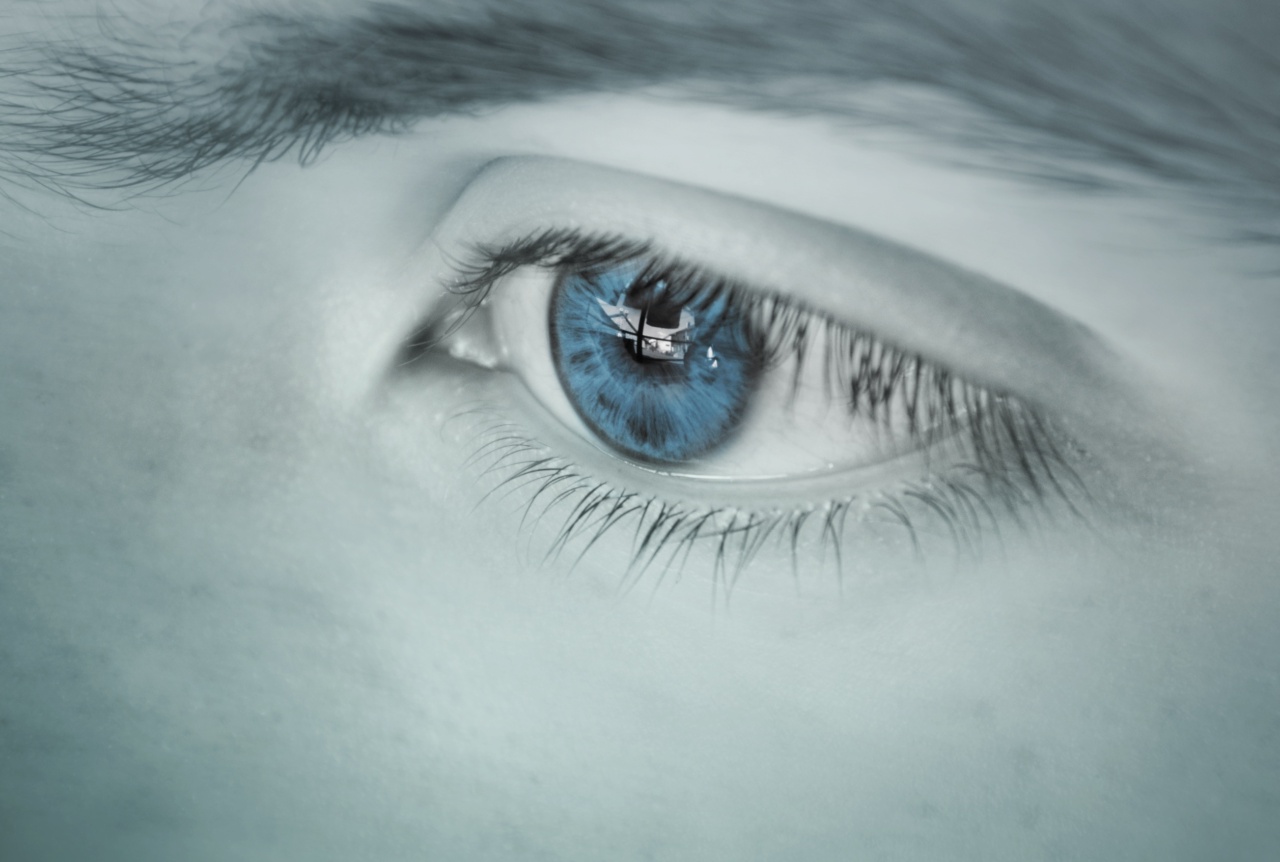Eye floaters are common visual disturbances that can cause tiny specks, shapes, or dots to drift across your field of vision. These floaters may appear as black or gray spots and tend to move when you try to focus on them.
While they are usually harmless, they can occasionally be a sign of an underlying eye condition. In this article, we will explore what eye floaters are, what causes them, when to see a doctor, and potential treatment options.
What Are Eye Floaters?
Eye floaters, medically known as muscae volitantes, are tiny shapes or specks that float in your field of vision. They may appear as dots, strands, cobwebs, or other irregular shapes.
These floaters can be more noticeable when you look at a bright background, such as the sky or a white wall. Though they may be distracting, most eye floaters are harmless and do not require treatment.
Causes of Eye Floaters
Eye floaters occur when the vitreous, a gel-like substance in the back of your eye, starts to shrink and become more liquid with age. This process can cause tiny clumps or strands within the vitreous, casting shadows on your retina.
The shadows are what you perceive as floaters. The following factors may increase your risk of developing eye floaters:.
- Age: Floaters become more common as you get older.
- Nearsightedness: People who are nearsighted are more likely to experience eye floaters.
- Eye surgeries and injuries: Certain eye surgeries or injuries can lead to the formation of floaters.
- Eye inflammation: Inflammation in the eye, such as uveitis, can cause floaters.
- Diabetic retinopathy: People with diabetes are at a higher risk of developing floaters due to changes in their retinal blood vessels.
When to See a Doctor
While most eye floaters are harmless, there are instances when you should seek medical attention. Visit an eye doctor if:.
- You suddenly notice a marked increase in the number of floaters.
- You see flashes of light or experience peripheral vision loss.
- Your floaters are accompanied by pain or redness in the eye.
- Your floaters appear after an eye injury or surgery.
- Your floaters disrupt your daily activities or affect your quality of life.
An eye doctor will perform a comprehensive eye examination to determine the cause of your floaters and rule out any serious underlying conditions.
Potential Treatment Options
Most floaters do not require treatment and tend to become less bothersome over time as your brain adjusts to their presence.
However, if your floaters significantly impair your vision or quality of life, your doctor may suggest the following treatment options:.
- Laser therapy: Laser treatment can break down large floaters, making them less noticeable or causing them to disappear.
- Vitrectomy: In severe cases, a surgeon may remove the vitreous and replace it with a clear fluid.
- Medications: Currently, there are no medications specifically approved for treating eye floaters, but some individuals may benefit from off-label use of certain drugs.
It is important to note that these treatment options come with their own risks and potential complications. Your doctor will discuss the pros and cons of each approach to help you make an informed decision.
Preventing Eye Floaters
While it may not be possible to prevent the development of eye floaters entirely, you can take certain steps to maintain good eye health:.
- Protect your eyes from injury by wearing appropriate eye protection during activities that pose a risk.
- Manage any underlying medical conditions, such as diabetes or hypertension, that may increase your risk of eye floaters.
- Adopt a healthy lifestyle, including regular exercise, a balanced diet, and avoiding smoking.
- Visit your eye doctor regularly for comprehensive eye exams to detect any potential eye problems early on.
Conclusion
Eye floaters are a common occurrence, especially as you age. While they are generally harmless, it is important to be aware of any changes in their appearance or if they start to impact your vision.
If you experience a sudden increase in floaters, flashes of light, or other concerning symptoms, it is advisable to consult an eye doctor for a thorough evaluation. With prompt medical attention, any underlying eye conditions can be diagnosed and appropriate treatment options explored.





























